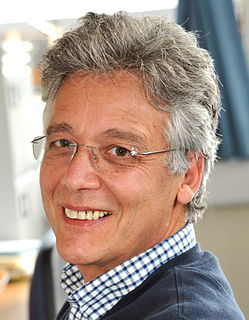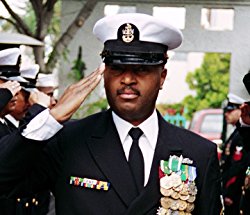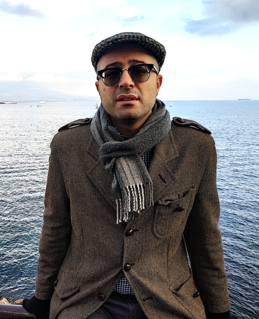A Quote by Irving Kirsch
There are a variety of techniques to help people change the kind of thinking that leads them to become depressed. These techniques are called cognitive behavioral therapy.
Related Quotes
It is now very clear that techniques of machine-human interfacing, pharmacology of the synthetic variety, all kinds of manipulative techniques, all kinds of data storage, imaging and retrieval techniques - all of this is coalescing toward the potential of a truly demonic or angelic kind of self-imaging of our culture... And the people who are on the demonic side are fully aware of this and hurrying full-tilt forward with their plans to capture everyone as a 100% believing consumer inside some kind of a beige furnished fascism that won't even raise a ripple.
To help students steel themselves for captivity, SERE used a variety of 'stress and duress' techniques. The military's encyclopedic knowledge of these techniques was paid for in American blood because it was gleaned from former POWs tortured by totalitarian regimes. One technique, waterboarding, was a historically well-known torture.
Though methods play an important role in the early stage, the techniques should not be too mechanical, complex or restrictive. If we cling blindly to them, we shall eventually become bound by their limitations. Remember, you are expressing the techniques and not doing the techniques. If somebody attacks you, your response is not Technique No.1, Stance No. 2, Section 4, Paragraph 5. Instead you simply move in like sound and echo, without any deliberation. It is as though when I call you, you answer me, or when I throw you something, you catch it. It's as simple as that - no fuss, no mess.
Every singer has three or four or five techniques, and you can force them together in different combinations. Some of the techniques you discard along the way, and pick up others. But you do need them. It's just like anything. You have to know certain things about what you're doing that other people don't know. Singing has to do with techniques and how many you use at the same time. One alone doesn't work. There's no point to going over three. But you might interchange them whenever you feel like it. It's a bit like alchemy.
My central thesis is that combining increased temporal and spatial resolution in MRI techniques with increasingly powerful data correlation techniques will allow the derivation of interpreted meanings from neural signals. I observed, further, that the techniques that exist already allow some correlations.



































